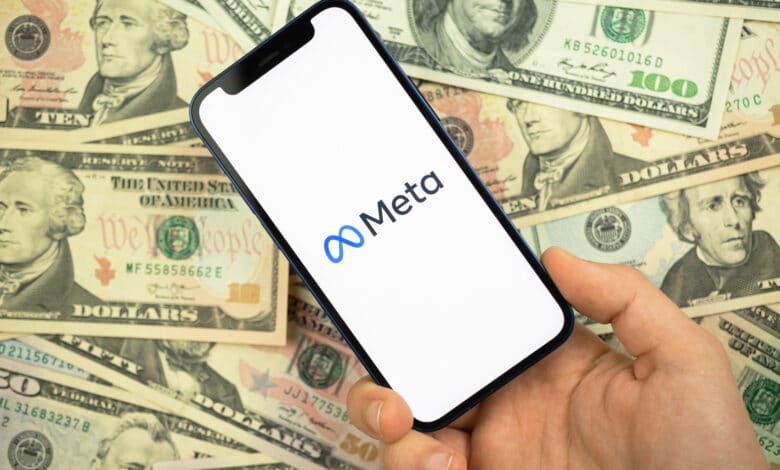
For a long time, social networks have been regarded as real money printing machines. After all, they give the advertising industry the opportunity to place personalized ads like no other medium before. In the USA in particular, this fills the coffers of Facebook, Twitter and Co. day after day. But at least in the state of Texas, there is likely to soon be a huge damper on this wealth-generating business model. The U.S. state has passed a new law that is dedicated to freedom of expression and now requires social networks to allow all content. This has several downsides.
On the one hand, society must now accept that right-wing extremist and propagandistic content may be blatantly viewed in Texas. On the other hand, this is likely to make social networks no longer interesting as an advertising platform. What company would want to advertise its products next to national socialist content? The operators of Facebook and Co. are annoyed and now want to take legal action against a regulation that has been issued. This provides that appropriately blocked content should be made accessible again, even retroactively.
Dubious social media law
The law, dubbed “HB20,” which is just about to take effect in Texas, poses major social dangers. At least, that’s what the major tech companies behind platforms like Facebook are emphasizing. In particular, it facilitates the spread of racist content and conspiracy theories. At the same time, the concerns of the social media law that may soon come into force initially sound laudable. In particular, freedom of expression is to be strengthened and censorship in social media is to be prohibited. But the major social networks do not want to accept this. The focus is not only on protecting the public from dubious content.
On top of that, corporations like Meta fear that high-priced investments in recent years have been in vain. These had focused on important issues such as the fight against hate speech and banned content. If the law were to pass, millions of euros would have been spent for nothing. Accordingly, US tech companies want to take legal action against the new law. As a report by the news portal Bloomberg has now revealed, the companies would like to take the matter to the Supreme Court. The highest legal authority in the U.S. is then to decide whether the law, in view of the high-priced investments in sophisticated filter mechanisms, may actually be allowed to stand.
Experts rate chances of success high
Within the ranks of the Supreme Court justices, a rather split view of the factual situation seems to be emerging. Some see the right to moderation by social networks as quite given. Others, however, oppose this right of moderation with a decisive argument. They argue that it is not usually people who act as moderators. Instead, more and more social networks are relying on mechanisms based on artificial intelligence (AI). On top of that, it is argued that the First Amendment of the U.S. Constitution does not apply to social networks, but to traditional newspapers. It is precisely this article on which Facebook and Co. base their right of moderation. There is no doubt that the law is extremely questionable.
In particular, the fact that it is to come into force in Texas, probably the most conservative US state, casts doubt on its good intentions. Here, arch-conservative Republicans and Trump supporters have been critically questioning the role of social networks for some time. This has gone so far as to make conservatives feel oppressed on Facebook and the like. This widespread opinion in Texas has now resulted in the law, which is supposed to ensure more freedom of expression. But the big tech companies behind the social media (Meta, Alphabet, etc.) are not putting up with this. After the law came into effect, they filed an injunction against it. Now that this is expiring, the law is threatening to take effect.
There is a lot of money at stake
In addition to the social benefits that AI-driven filtering mechanisms possess, they are also a guarantor of solvent advertising partners. That’s why Facebook, for example, must fear losing many millions of U.S. dollars in advertising revenue if the controversial social media law actually goes into effect. The social network had to make this experience only two years ago. Due to the frequent occurrence of hate speech, the company under the leadership of CEO Mark Zuckerberg had to accept bitter losses. In 2020, these probably included many millions of US dollars in the wake of the loss of many advertising partners. This scenario could now not only repeat itself, but even continue permanently. Experts, however, see the chances of Alphabet, Meta and Co. as good. After all, the judges of the highest court in the USA have so far always sided with the social networks. We look forward to the outcome of the proceedings and will keep you up to date.



